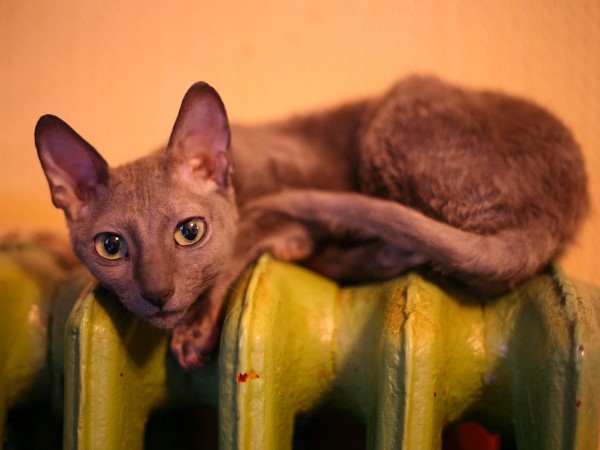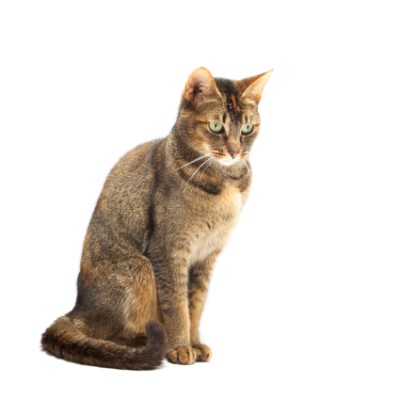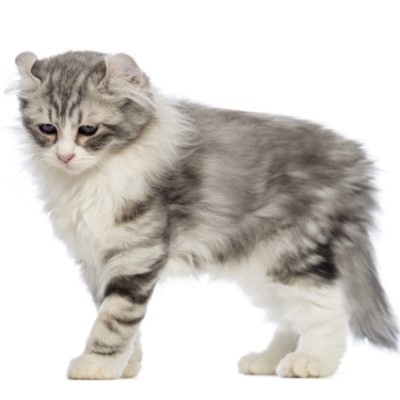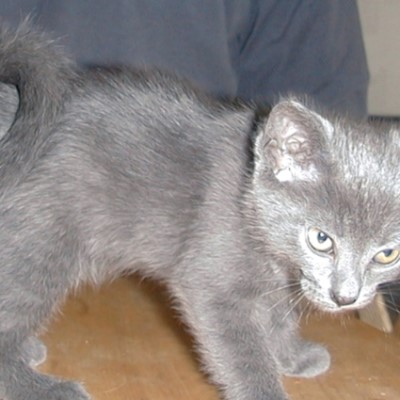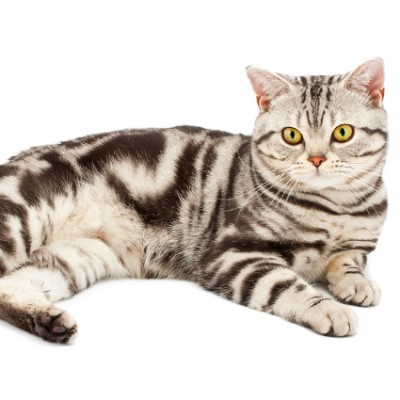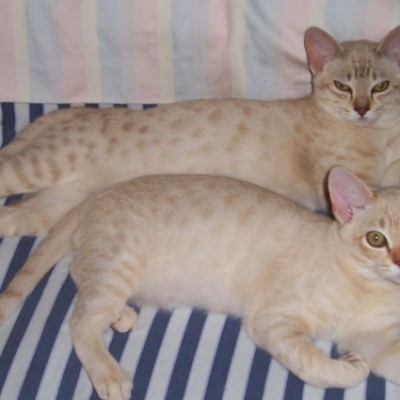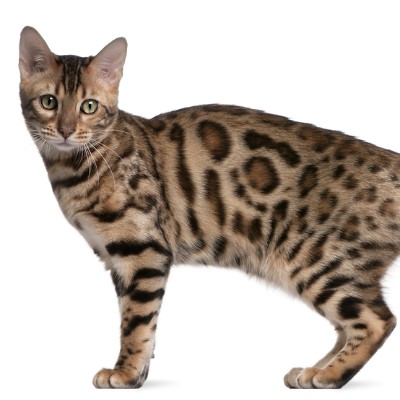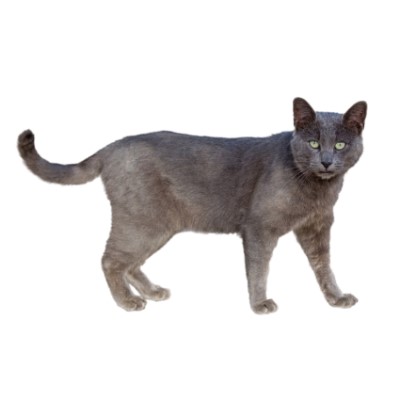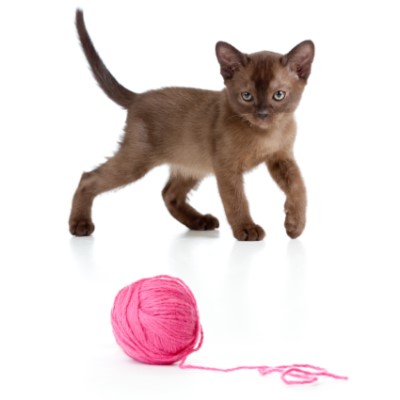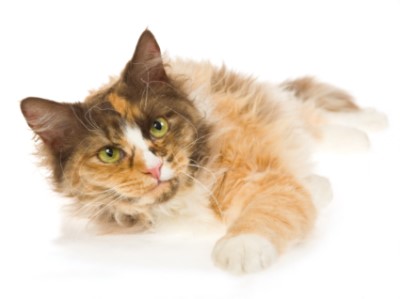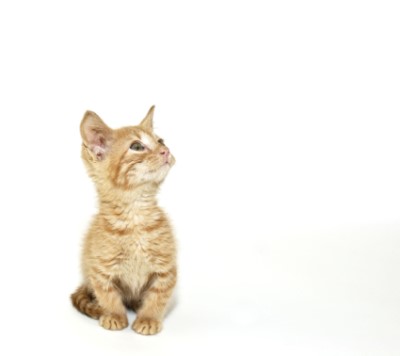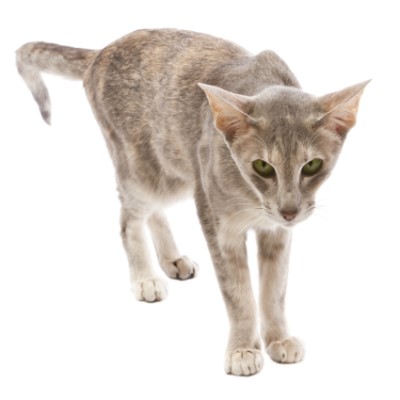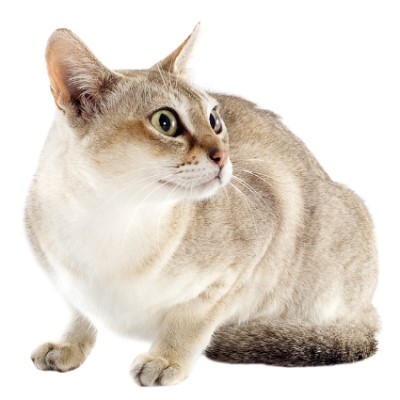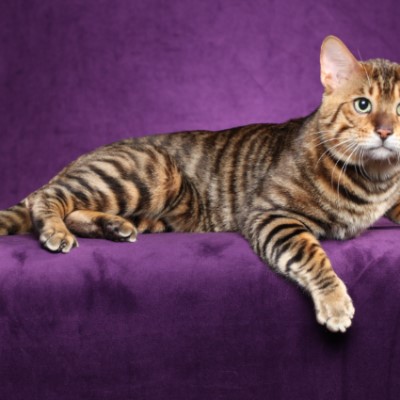Common Reasons for Surrender
Cornish Rexes often lose their homes and their families because someone new—a spouse, a baby, or even a dog—comes along and the cat is no longer a priority. Sometimes, the new adult in the family becomes envious of the time the Cornish Rex receives with other family members, resulting in the cat’s surrender to a rescue or a shelter.
Pros
The Cornish Rex is an outgoing, active, and friendly cat who craves attention from her humans. With their youthful exuberance, most act like kittens well into their teenage years. Wherever you go in the house, your Cornish Rex is likely to follow, seeking affection or a snack. Most love to climb and will jump on cabinets and sit atop doors. While the Cornish Rex is not hypoallergenic, many allergy sufferers find they can tolerate the breed much better than other cats.
With their need for constant attention and activity, Cornish Rexes typically do well with children who have been taught how to treat a cat. Before you adopt a Cornish Rex, however, make sure she is comfortable around children.
Cons
If your image of an ideal cat is one who lounges around and sleeps all day, opt for another breed. A Cornish Rex just wants to be with his humans all of the time. Cornish Rexes are curious and love to climb on cabinets, which could put valuables on high shelves in jeopardy.
Diet
Notorious for their love of food, the Cornish will eat anything he can get his paws on. Keep an eye on your cat and keep food you don’t want her to eat out of reach. Feed your cat a high protein, grain-free diet. Make sure you closely monitor the meal portions because Cornish Rexes will overeat, which leads to weight gain. Treats can be given sparingly. A healthy choice is a high quality meat-based treat, a small piece of boiled chicken, or Temptations or Pounce.
Exercise
Most Cornish Rexes are high energy and require several play times per day. Your cat will expend sufficient energy running, jumping, climbing, and playing with you and any other pets in the family. The older Cornish typically retains his love of playing, so make play time a lifelong tradition in your family.
Possible Health Issues
Generally a robust breed, the Cornish Rex is susceptible to allergies, dental problems, and heart issues, such as Hypertropic Cardiomyopathy (HCM).
Litter
Unlike some breeds, Cornish Rexes aren’t particular when it comes to litter. Opt for whatever works best for you and your cat. In addition to traditional clumping litters, many cat owners find that newspaper-based litter such as Yesterday’s News and wood stove or pine-based pellets work well.
Grooming
Cornish Rexes need minimal grooming. In fact, petting your cat every day is often sufficient. Some cats’ hair becomes oily, which will require bathing every few weeks. If your Cornish is oily, she will also likely deal with dirty ears and nails.
Training
Cornish Rexes have strong personalities. They think for themselves and will do what they want. Training is possible because they are an extremely smart breed and respond positively to praise but, in the end, they’ll do what they want.
Entertainment
Give your Cornish a tall cat tree, and she’ll have a blast climbing. Most love climbing and jumping from tall places and will also enjoy a good hunting game. Feather wands are also popular toys with most cats.
We want to thank Boska Cornish Rex for help with this profile.
